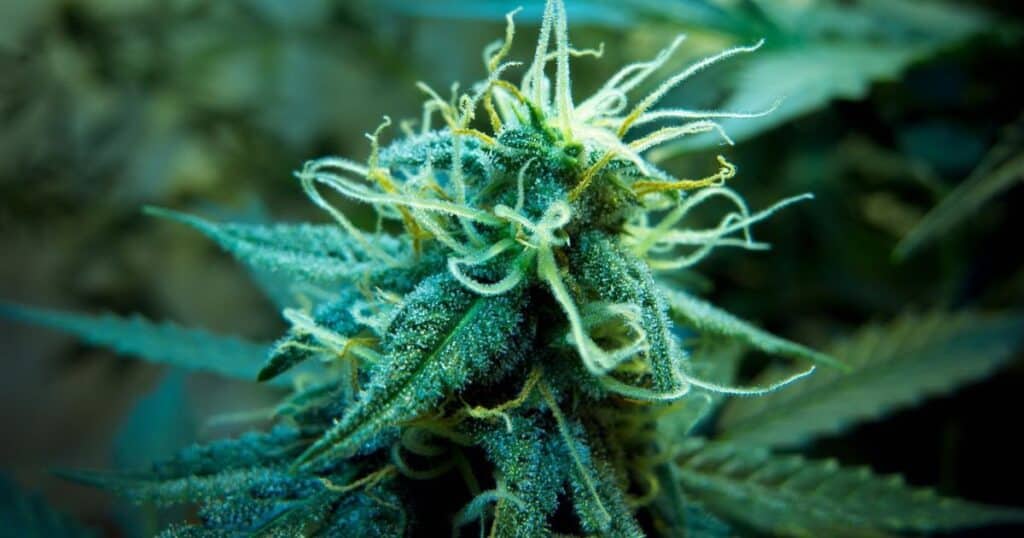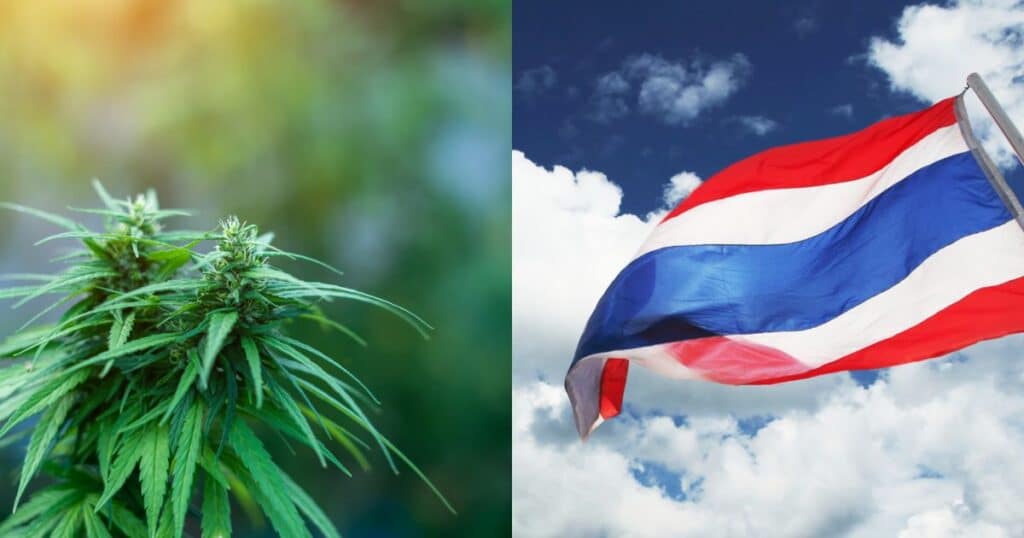Thailand is seemingly about to undergo a shift in its cannabis legislation once again, a move that has not only captured the attention of its citizens but also made waves internationally. In 2022, Thailand became one of the first countries in Asia to decriminalize marijuana, leading to an explosion of cannabis cafes and retailers.
Fast forward to 2024, and the government appears poised for yet another U-turn. Initially hinting at recriminalizing marijuana, recent reports now suggest that the Thai government aims to legislate cannabis use strictly for medical purposes.

Initial Thailand Cannabis Legislation That Led To Decriminalization
In 2022, Thailand made headlines by becoming one of the first countries in Asia to decriminalize marijuana. This move was spearheaded by the Bhumjaithai Party, which saw cannabis as a potential cash crop for farmers and a means to boost the economy. The decriminalization allowed for the cultivation, sale, and use of cannabis, albeit without a robust legal framework to govern its usage.
The lack of clear regulations led to an explosion of recreational use around the country. Cannabis cafes and retailers popped up across the country, capitalizing on the newfound freedom. This created a booming industry projected to be worth $1.2 billion by 2025.
The sudden and widespread use of cannabis for recreational purposes did not sit well with everyone. Conservative groups voiced concerns about the potential for abuse and the impact on youth. This growing opposition set the stage for the government’s reconsideration of its marijuana policy.
New Government Plans Recriminalization of Cannabis
In 2023, the new Thailand Prime Minister Srettha Thavisin announced plans to re-criminalize cannabis due to concerns over its abuse. The proposal aimed to re-list cannabis as a narcotic, with exceptions for medical use and research. This move was seen as a response to the public outcry and the need to curb recreational use.
The proposal to recriminalize cannabis led to tensions within the ruling coalition. The Bhumjaithai Party, which was the original party behind the initial decriminalization, strongly opposed recriminalization. Deputy Prime Minister Anutin Charnvirakul, a key figure in the cannabis liberalization movement, vowed to vote against the proposal, highlighting the internal discord that has been taking place since the switching of leading government parties in 2023.
The Latest U-turn On Cannabis Legislation
In a surprising turn of events, Prime Minister Srettha Thavisin has agreed to legislate cannabis use for medical reasons instead of re-criminalizing it, as first reported by Reuters. This decision came after discussions with Deputy Prime Minister Anutin Charnvirakul, Public Health Minister Somsak Thepsutin, and other key stakeholders. The new plan involves drafting legislation to regulate the cannabis industry, focusing on its medical and economic benefits.
Earlier this month, nearly a hundred cannabis advocates took to the streets, marching to the prime minister’s office. They carried potted marijuana plants, demanding the right to continue using and growing their cannabis. With the recent news surrounding the government’s shift towards regulating cannabis for medical use, it seems that these advocates may achieve their goals, at least to some extent.
Parliament will debate the proposed legislation, which already has a draft law. The outcome will depend on the parliamentary vote, making it a matter of law rather than executive decision.
Deputy premier Anutin Charnvirakul, whose party was instrumental in pushing for marijuana liberalization, said via Reuters, “I thank the prime minister for considering this matter and deciding on issuing an act.”
Nattabhorn Buamahakul, Managing Partner at government affairs consultancy, Vero Advocacy, said the latest development indicated there was now better coordination between parties in government on the complex cannabis issue.
“The policy reversal reflects greater alignment between the coalition parties when compared to last year when the government was formed,” Nattabhorn said.
Thailand’s cannabis policy has seen significant shifts over the past few years, from decriminalization to potential re-criminalization and now towards legislation for medical use. These changes highlight the intricate and evolving landscape of cannabis regulation, balancing economic opportunities with what the new Thai government perceives as public health concerns.

















